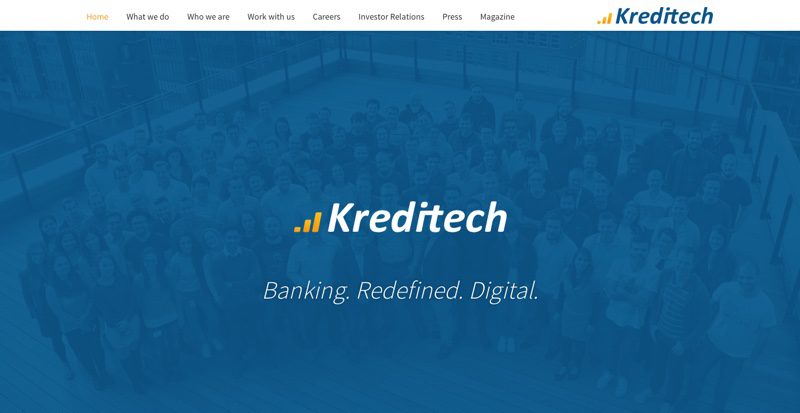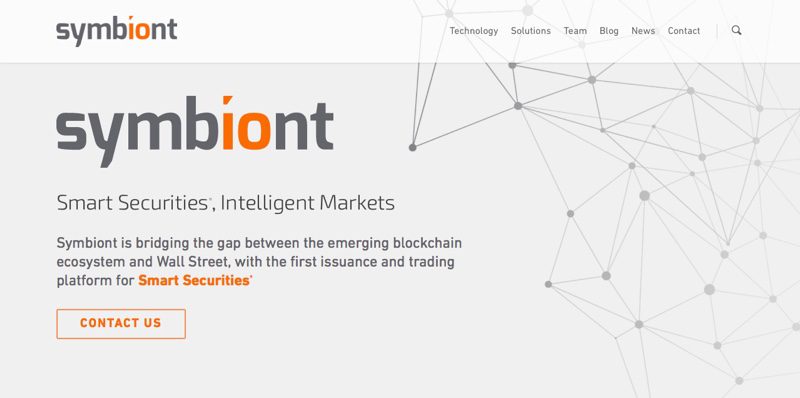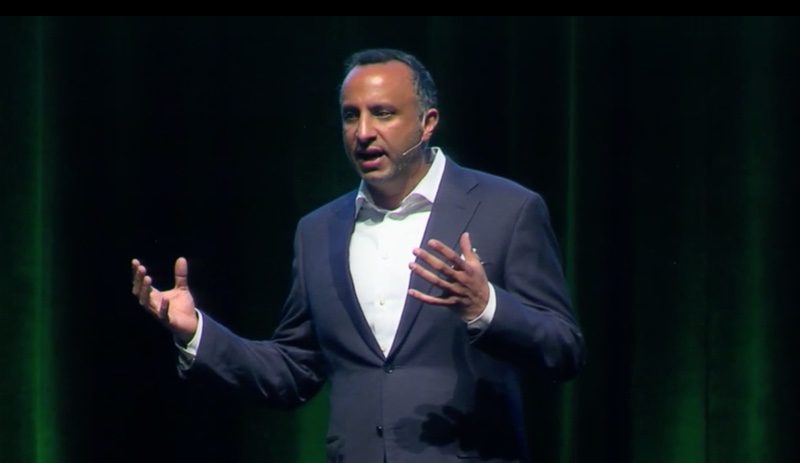We¬†have a great speaker lineup for¬†FinDEVr London¬†which will take place on June¬†12 & 13. As part of our FinDEVr Feature series,¬†which highlights¬†some of the speakers you will see on stage at the event, we recently interviewed the CEO of one of the presenting companies, CASHOFF. You can save 20% on your FinDEVr ticket when you register with CASHOFF’s promo code CASHOFF20LD17.
Here’s our interview¬†with Dmitry Gorkov, CASHOFF’s¬†CEO:
Where did you start your career and how did you gain the experience needed to run the tech side of your company?
Gorkov: I studied at the Lomonosov Moscow State University, at the department of Mechanics and Mathematics. Studying at one of the most famous and oldest universities in Russia, under the guidance of the best professors, helped me form my personality and gave me a push of inspiration.
Of course, I didn’t start my own start up right after graduation. It took me a while to master my tech skills in practice. After graduation, I worked at a major Russian company engaged in e-banking software development, where I implemented about 50 projects, which turned out to be a success. That’s when I decided to create my own product in this sphere, which could combine all the financial data and data from receipts in order to use it in mobile banking applications.
 From a technologist’s perspective, what’s unique and game-changing about your technology?
From a technologist’s perspective, what’s unique and game-changing about your technology?
Gorkov: CASHOFF is a cloud-based service, which collects not only the transaction data from banks but also the lists of items from shop receipts in one mobile banking application. This information describes the consumer the best and opens wide opportunities for analysis of his/her buying behavior and obtaining the most relevant insights. The technology helped us to conquer the Russian market. Currently, we are observing the European market, so that our product could meet new standards of quality and become popular abroad.
Tell us about your favorite implementation of your solution/technology.
Gorkov:¬†When we launched our PFM service in banks and they saw its value, we started to think about how to make our service more convenient for the clients. So we developed a mobile version of CASHOFF and deployed it inside the VBRR Bank (top-30) mobile application. The mobile version of the service possesses the features of the web one, but it is adapted for mobile devices. We got fivefold increase in activity at distant channel and positive feedback from the bank’s clients. Another remembered implementation was in one of the best mobile banking application in Europe – Tinkoff Bank. Now we are working in collaboration with the global Citi bank. Both projects gave us a very good experience that would help us in future developments.
FinDEVr London 2017 is sponsored by TestDevLab.
FinDEVr London 2017 is partnered with Aite Group, Banking Technology, BayPay Forum, BiometricUpdate.com, Brave New Coin, Breaking Banks, Byte Academy, The Canadian Trade Commissioner Service, Celent, Cointelegraph, Colloquy, Cooper Press, Distributed, Economic Journal, Empire Startups, Femtech Leaders, Finmaps, Fintech Finance, Global Data, Harrington Starr, Holland Fintech, Level39, London Tech Week, Mapa Research, Mercator Advisory Group, The Paypers, Plug and Play, SecuritySolutionsWatch.com, SME Finance Forum, Startupbootcamp, Swiss Finance + Technology Association, and Women Who Code.

 From a technologist’s perspective, what’s unique and game-changing about your technology?
From a technologist’s perspective, what’s unique and game-changing about your technology?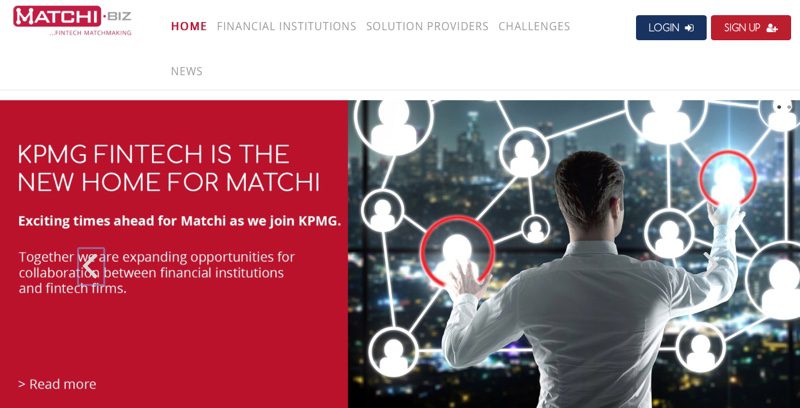

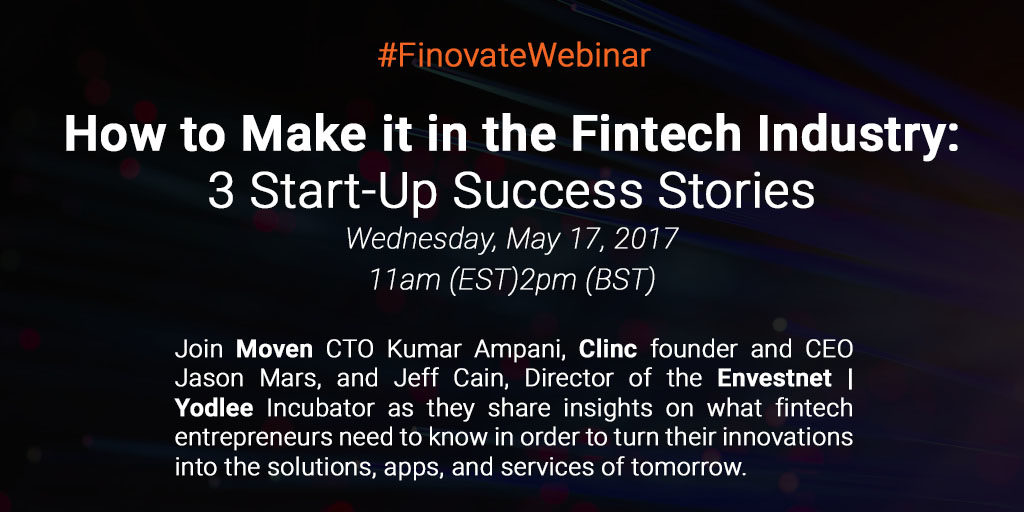






 From a technologist’s perspective, what’s unique and game-changing about your technology?
From a technologist’s perspective, what’s unique and game-changing about your technology?